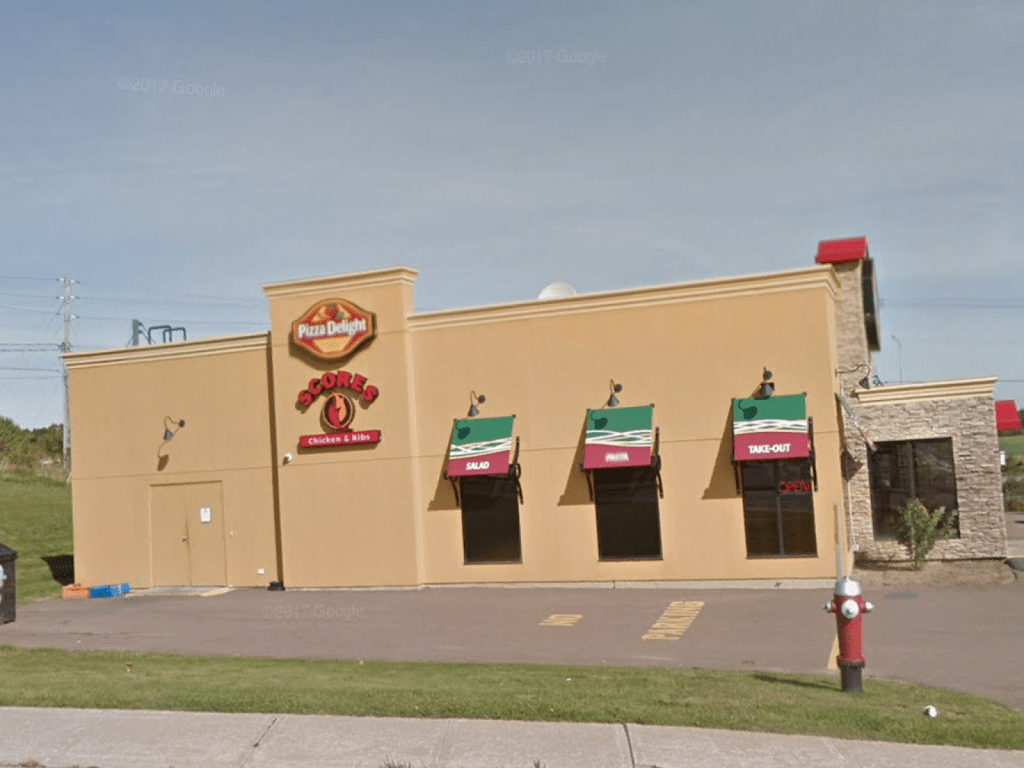Sackville Says No To Drive-Thrus, Yes to Plastics and Effluent

Recently a request was made by a landowner to amend an existing by-law which bans drive-thrus from being built in Sackville, which has been in place since 2001. This would allow a new restaurant to be situated at the old Pizza Delight building on Mallard Drive.
The situation in Sackville presents a striking case of hypocrisy. While the local council purports to be fighting against ‘climate change’, as evident from their 22-year-old ban on new drive-thru establishments due to concerns about idling vehicles, the town seems to be taking a contradictory stand by allowing a plastics manufacturing plant to operate. As stated previously, there are possible reasons for this apparent contradiction.
The Atlantic Industries Limited (AIL) plastic pipe factory, situated on Walker Road, presents a number of concerns. The factory’s process involves melting high-density polyethylene (HDPE) pellets to produce pipes. The melting and reshaping of plastic are energy-intensive processes and often involve the release of harmful emissions. Even though the company assured that “no significant air emissions” would come from the factory under normal operating conditions, any deviation from these conditions could lead to the release of fumes, even if for a short duration.
Furthermore, the plant uses water from a well pump at a rate of 7.6 gallons per minute, an operation that could potentially impact the nearby aquifer. Although the company is apparently going to be transporting any holding tank waste to an approved disposal facility, the mere presence of such effluent storage tanks on the premises, which is located near the town water reservoir, introduces an element of risk, especially in the event of a leak or mishap.
During the approval process for the AIL plant, the CAO stated that the process was out of the town’s hands, but the banning of drive-thrus in Sackville shows that the council can act and take responsibility if they really wanted to.
So, while the Sackville council’s ban on drive-thrus may seem to indicate an interest in protecting the environment, the presence of a plastic manufacturing plant that uses a significant amount of energy, produces waste, and potentially threatens local water sources, seems to contradict this commitment.